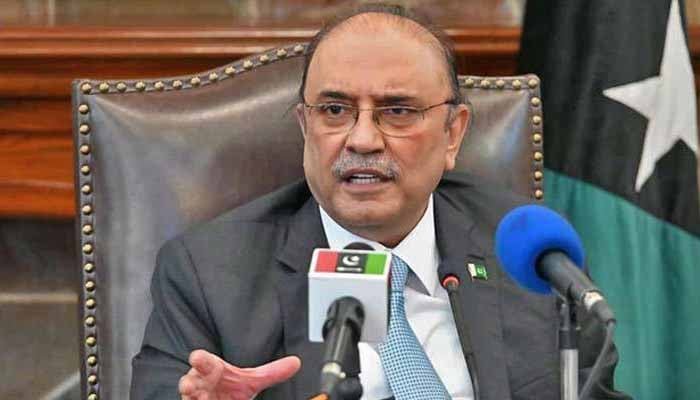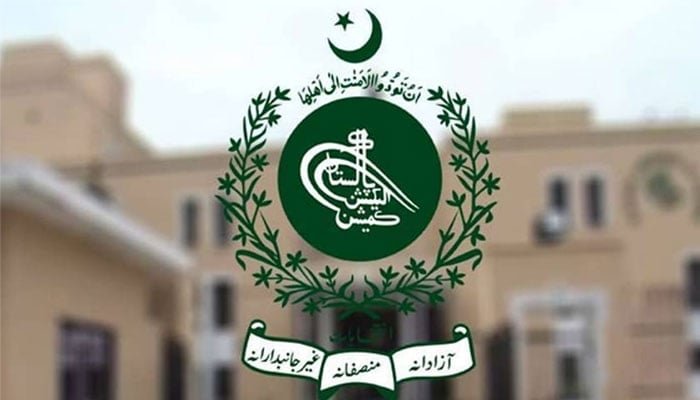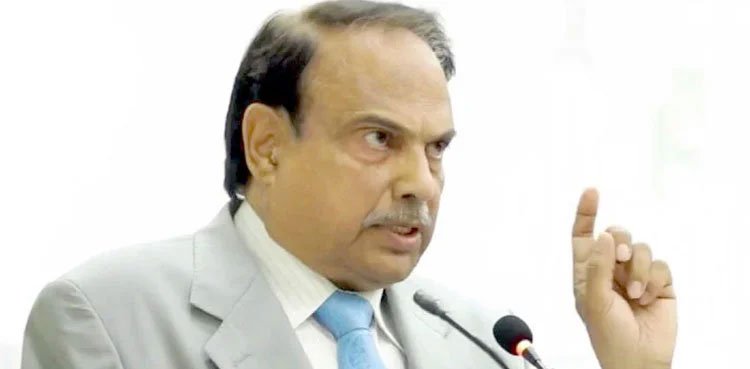The upcoming presidential election in Islamabad is poised to be influenced by the ten vacant seats in the Senate.
The question arises: which candidate will suffer the most from these vacant seats? Ostensibly, the joint candidate of the Pakistan Peoples Party (PPP) and Pakistan Muslim League-Nawaz (PML-N), Asif Ali Zardari, stands to lose the most from the ten vacant seats in the Senate.
Unable to secure the support of the Pakistan Tehreek-e-Insaf (PTI) and Muttahida Qaumi Movement (MQM), each vote is precious for Zardari. The Senate seats hold significant importance in the electoral college for the presidential election, as each senator’s vote carries equal weight, unlike the assemblies where the vote count varies.
For Asif Ali Zardari, each vote is crucial at this moment since he has yet to garner the backing of the PTI and MQM.
Although the coalition enjoys a majority in the National Assembly, Sindh Assembly, Punjab Assembly, and Balochistan Assembly, the support of the Balochistan Awami Party (BAP) is still pending.
The absence of support from key political parties complicates Zardari’s bid for the presidency. It underscores the significance of securing alliances and building consensus across party lines in the lead-up to the election.
The vacant Senate seats not only reflect a numerical disadvantage for Zardari but also highlight the importance of coalition-building and diplomatic maneuvering in Pakistan’s political landscape. Zardari’s ability to navigate these challenges and rally support from diverse political factions will ultimately determine his success in the presidential race.
As the presidential election approaches, the spotlight will be on Islamabad as political negotiations intensify and alliances are forged or broken, reshaping the contours of power in the country’s capital.



